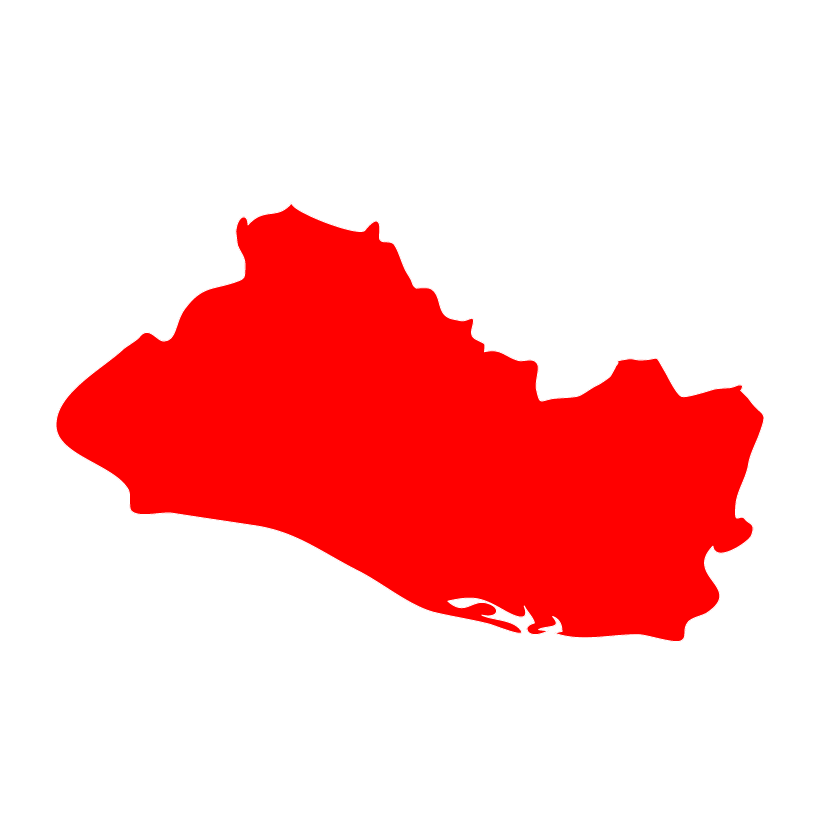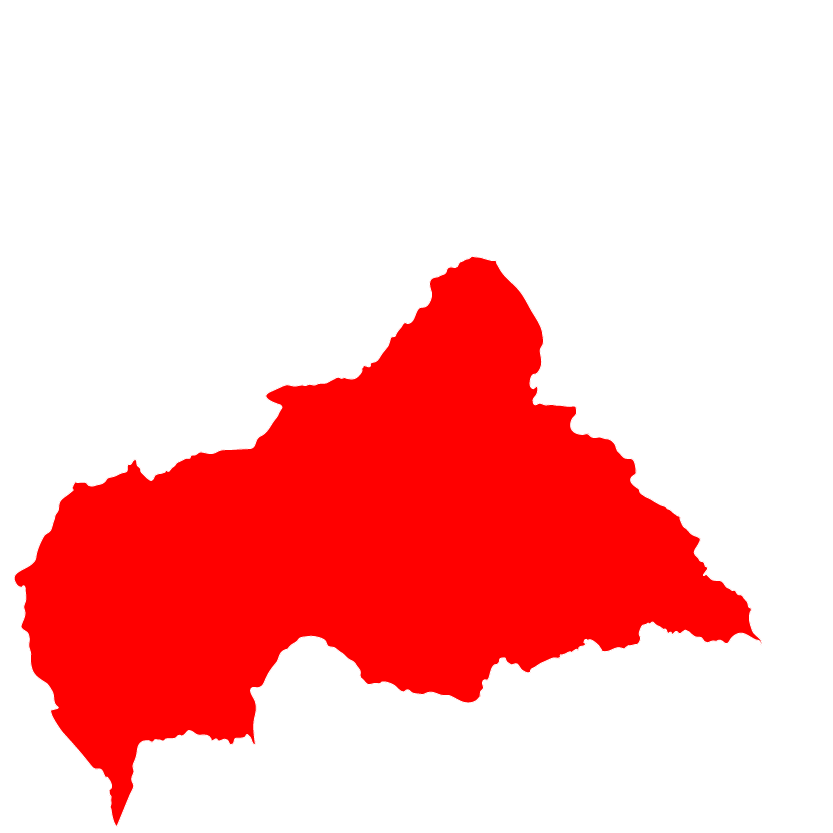Heavy rains from two low pressure systems along Central America and the Caribbean affected Central American countries since October 4 , resulting in flash floods and mudslides across western Nicaragua, Honduras, El Salvador, Costa Rica and the coast of Guatemala. As of early Monday, October 8 , at least 13 deaths have been reported (6 in Honduras, 4 in Nicaragua, 2 in El Salvador, 1 in Costa Rica) and thousands of people have been evacuated. Additionally the tropical storm Michael heading to US gulf coast is embedded on the north side of a large area of surface low pressure called a Central American Gyre, which is straddling Central America. The counter-clockwise flow of air around this low has brought a moist flow of Pacific air inland over Costa Rica, El Salvador, and Nicaragua, bringing 48-hour rainfall amounts in excess of 10” to portions of those nations. This low-pressure system will continue to bring heavy rains to portions of the Pacific coasts of El Salvador, Nicaragua, Guatemala, and Honduras through Monday, bringing dangerous flash flooding and mudslides.
In Honduras, the worst hit areas have been Francisco Morazán (home to the capital Tegucigalpa), Valle, and Choluteca, where some areas remained cut off as of late Sunday, schools will be closed nationwide on Monday. In El Salvador, at least two people were killed, including one who drowned Arambala and one killed by a fallen tree in Ahuachapán, further rain is forecast through October 9. At least one person was killed in Costa Rica. As of Sunday evening, the meteorological authorities were warning of ongoing flooding in Guanacaste and Puntarenas, as well as the continued risk of landslides in the Cordillera de Tilarán, Pacífico Sur, and Cerro de la Muerte areas.
In Honduras, 7 013 people have been affected, 3 019 people have been evacuated and 2 746 people are housed in temporary shelters. In Nicaragua, 13 000 people are affected and 2 880 are in shelters, while in Costa Rica, 125 190 people are affected and 2 793 people are located in 28 shelters.
Alerts are still in effect in Central America due to ongoing precipitation up to 300-400 mm: Honduras (Red Alert in 3 departments), Costa Rica (Red Alert in 3 districts of Puntarenas), Nicaragua (Yellow Alert at national level), El Salvador (Yellow Alert in 31 municipalities), and Guatemala (Yellow national
institutional alert).
ACT Alliance members work in Guatemala, Honduras, El Salvador, Nicaragua and Costa Rica, in the five
countries currently the national forums are monitoring the development of low pressure system and
are in contact with the authorities and other NGOs in preparation to respond.






